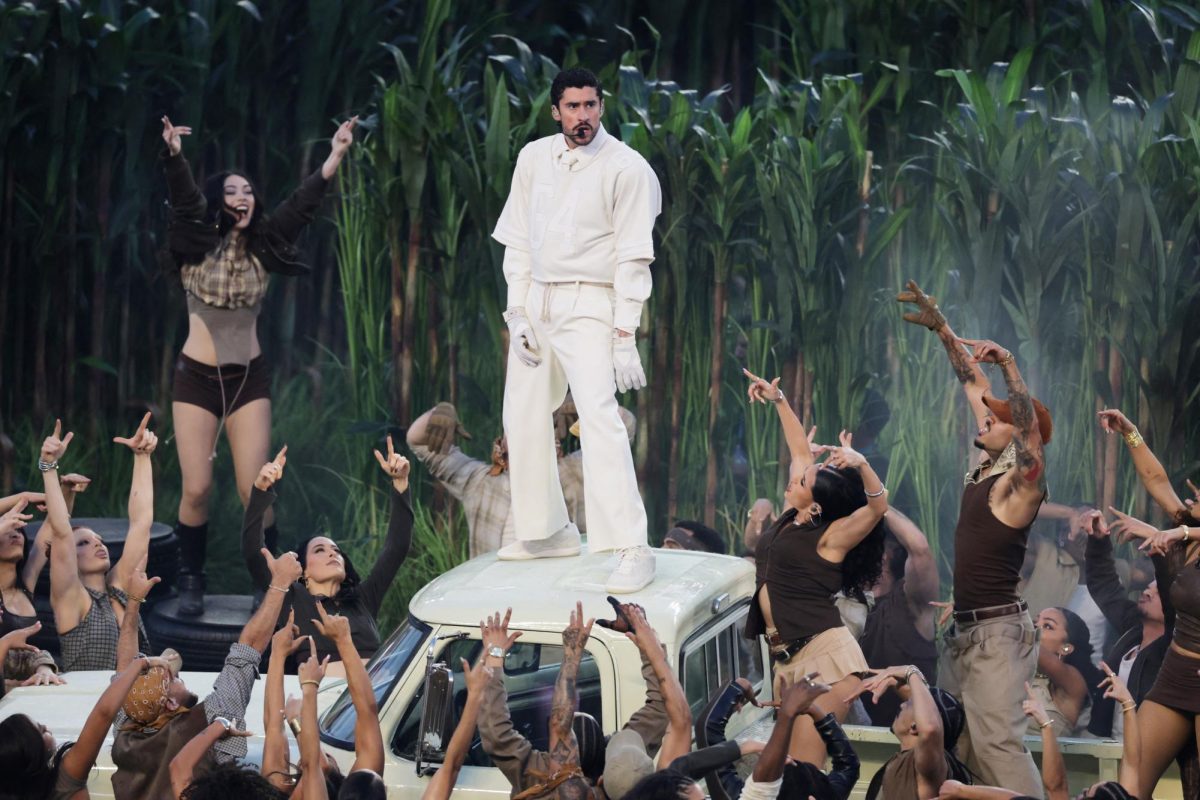Gen Z: The generation that talks more about sex, but struggles to have it. Only 38.7% of never-married male teenagers and 40.5% of never-married female teenagers have had heterosexual intercourse, compared to 54.1% of teens in 1991 , according to a https:/ CDC Report published in 2023 that tracked sexual activity from 2015-2019.
In tandem with less sex, fewer teens are also in romantic relationships than previous generations 56% of Gen Z adults reported being in a relationship during their teenage years, compared to their parents’ generational average of 76%. Although the outbreak of COVID-19 was responsible for the lowest dip in teen intercourse, 30% of the number of teens having sex had been decreasing even before 2020.
While these figures spiral downwards, other figures like mental health episodes, mood disorders, and anxiety are on the rise. What is it that is reshaping the teenage experience? And why is sex implicated in this?
Some look to“life history theory”: in societies where conditions are tougher, teens grow up faster and take on more responsibilities at a younger age. Now that families in the U.S. and other Western nations are wealthier, it is proposed that teens are not taking on these responsibilities or adult behaviors, like sex or getting a driver’s license, as young as they did in previous generations.
Yet some view the associations with adult maturity and “being ready” to have sex as myth. “I feel like ‘feeling ready’ is a made-up idea, I think that a lot of the time being ready for this physical and emotional transformation once you have sex for the first time is fake,” an upper class student who asked to remain anonymous said.
Another student who also asked to remain anonymous, on the other hand, felt that having sex with someone they felt comfortable with was more mature than engaging in emotionally detached hookups. “I don’t think I realized until after I had sex what the level of intimacy actually is,” they said. They continued, “I think the way that it is talked about a lot makes it seem like a very casual thing, but I didn’t realize that it is not casual unless that is the intention of both parties. Even then, I don’t know how much I believe that it can fully be casual.”
Others point to the increased presence of technology in teenagers’ lives. With teenagers feeling pressured to live up to sexual standards seen in easily accessible porn and social media, sex may be seen as less desirable for some who feel they cannot achieve those standards. As COVID-19 initially spread across the nation, so did Pornhub’s audience with an increase of 24% more views on videos by March 25 2020, two weeks after it was labeled a pandemic.
Psychotherapist Heather Zuckerman P’24 has been exposed to situations where people in their prepubescent years have been exposed to Pornhub. She said, “the prevalence of porn changes the way boys view relationships with girls.” She added, “Unrealistic ideals of relationships and sex on social media only portray the good, without any exposure to what the middle stages of relationships look like, so expectations are often not met from both parties.”
Zuckerman has noticed how teens express a lack of stability in their sexual endeavors. “Dating doesn’t seem to be as popular a term anymore, many teens express to me that they are always searching and searching for more fun. This often leads to less intimacy, and with the combination of digitally centered ways of communicating, they don’t know where they stand.”
In addition to those standards, new ways of monitoring teens’ actions, like through family tracker apps like Life 360 and checking browsing history, lead to some teens feeling like their private lives are being invaded.
“When I had sex for the first time, it felt like it wasn’t just about me and the other person. It also felt like it was me, the other person and the world that was going to hear about it,” the first anonymous student said.









